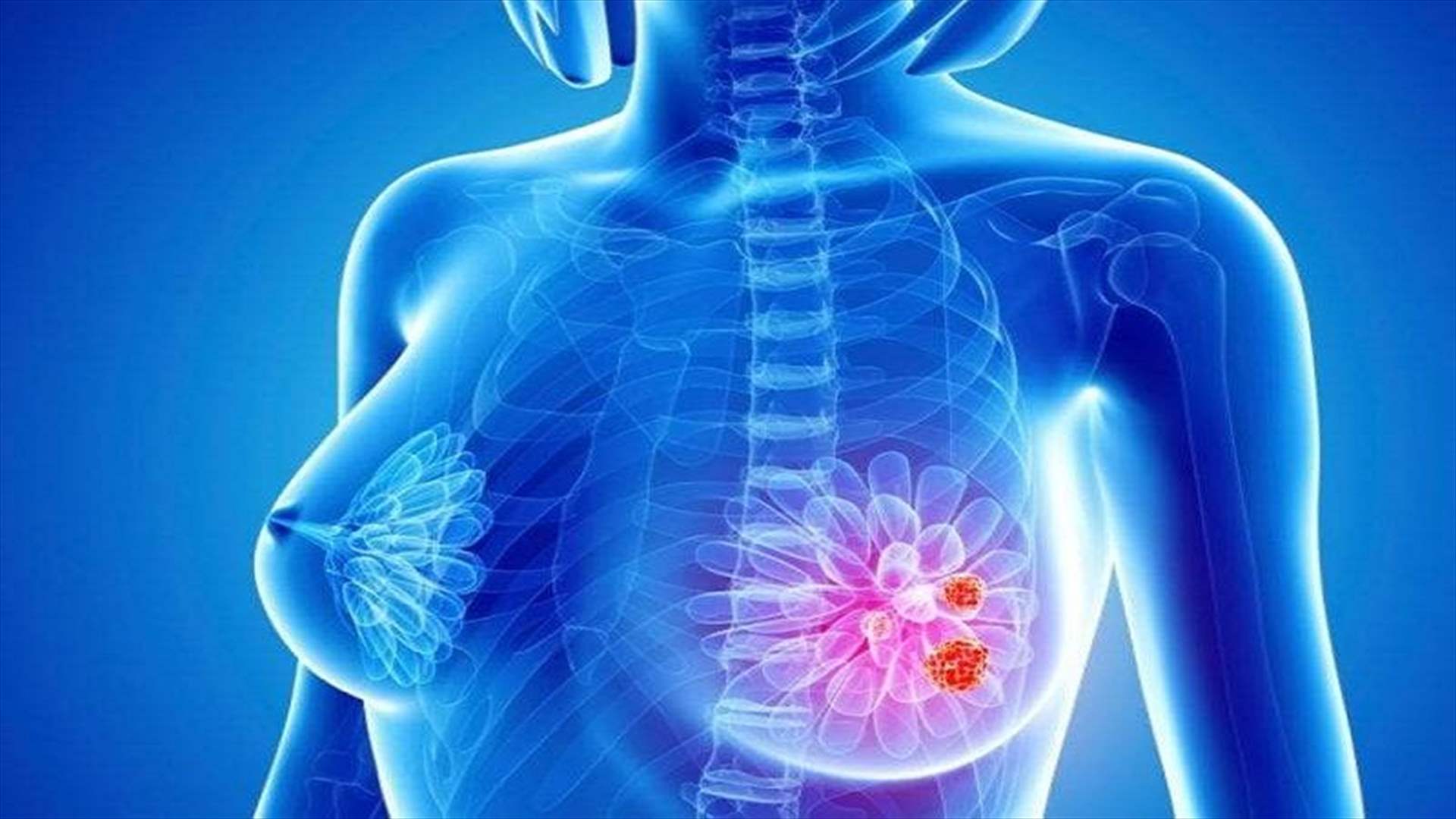A Recent Study Reveals: Stress May Increase the Risk of Hereditary Breast Cancer in BRCA Mutation Carriers

A new study has revealed a concerning link between psychological stress and an increased risk of cancer in individuals carrying inherited genetic mutations that raise the likelihood of developing cancer, such as BRCA1 and BRCA2 associated with breast and prostate cancer.
Cortisol and Its Effect on Cells
The study, conducted in collaboration between the University of Brighton and the Institute of Cancer Research in London, found that the hormone cortisol, known as the stress hormone, may cause damage to the DNA of cells carrying the BRCA mutation and hinder the body's ability to repair this damage, increasing the likelihood of cancer development.
The experiments indicated that breast cells carrying BRCA mutations that were exposed to cortisol were unable to repair DNA damage, unlike healthy cells that restored their balance within 30 minutes.
Monitoring Mutation Carriers
The study followed 62 women and 70 men carrying BRCA mutations over a period of 10 years, finding that those who developed breast or prostate cancer had higher levels of cortisol in their blood and urine compared to those who did not.
Prospects for Prevention and Treatment
The results suggest the potential use of medications targeting cortisol receptors – which are available for treating other diseases – to help reduce the risk of cancer in at-risk individuals.
The study also emphasized the importance of integrating psychological support, cognitive behavioral therapy, and mindfulness exercises into prevention plans.
Expert Opinions
Professor Rose Ellis from the Institute of Cancer Research stated:
> "Our knowledge of the existence of a genetic mutation like BRCA enables us to take proactive measures, and the study added a new dimension by showing that psychological stress may also contribute to cancer development in this group."
Meanwhile, Professor Melanie Flint, a specialist in stress and cancer research, explained: "The data indicate a potential role for stress in the onset of cancer in high-risk individuals, and we need more research to measure daily cortisol levels to confirm these findings."
Katherine Priestley, a nurse specializing in the Breast Cancer Now Foundation, emphasized that:
> "Stress alone does not cause cancer, but it may be one of the influencing factors for those carrying genetic mutations. We urge everyone to take care of their mental health and reduce stress levels in ways that suit them, and to seek help when needed."